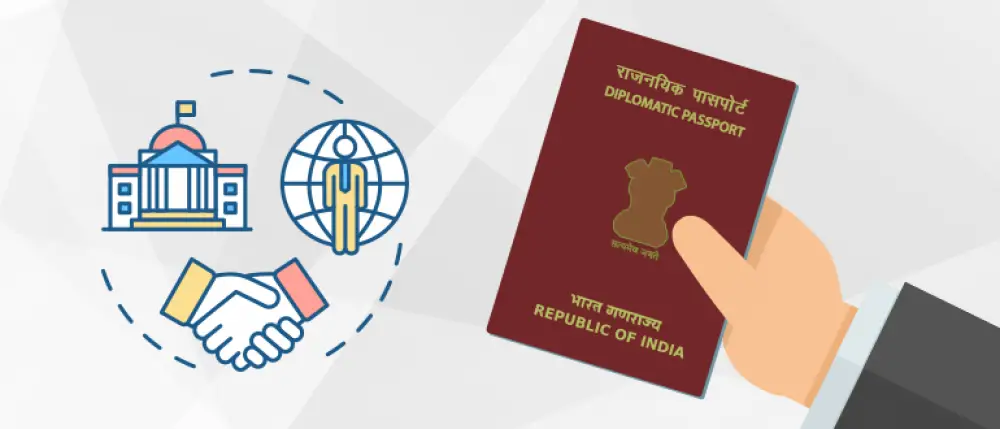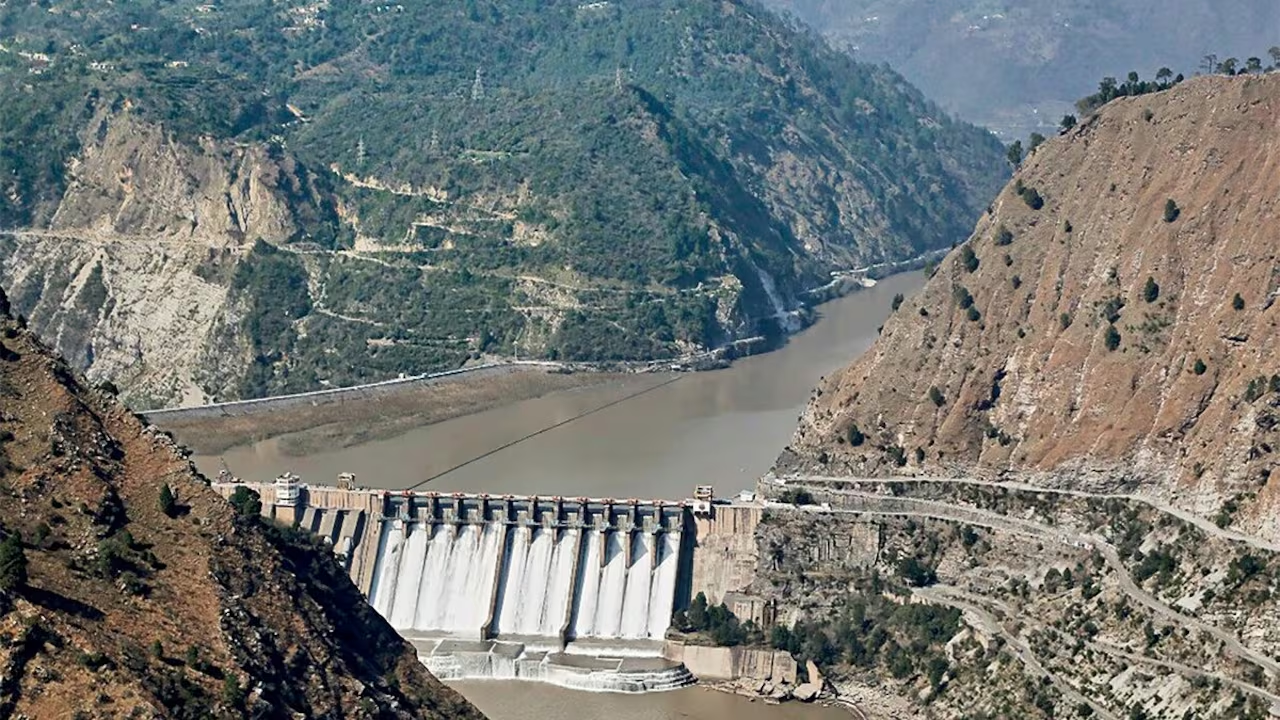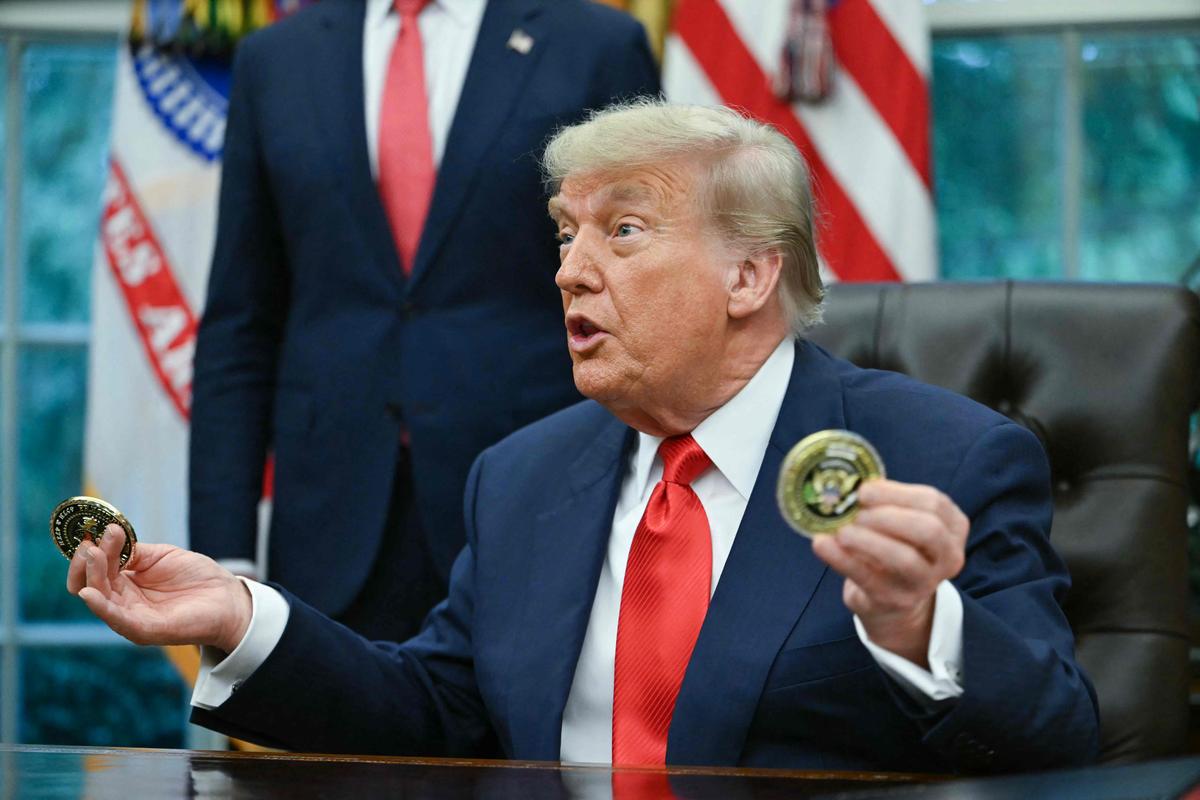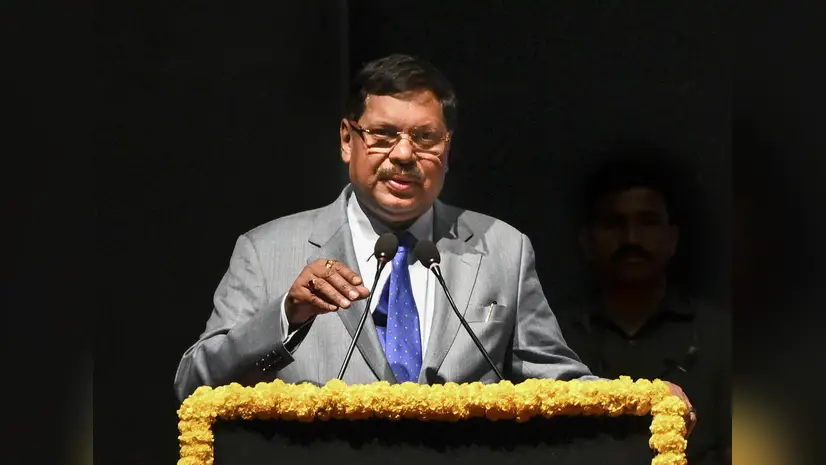- Courses
- GS Full Course 1 Year
- GS Full Course 2 Year
- GS Full Course 3 Year
- GS Full Course Till Selection
- Answer Alpha: Mains 2025 Mentorship
- MEP (Mains Enrichment Programme) Data, Facts
- Essay Target – 150+ Marks
- Online Program
- GS Recorded Course
- Polity
- Geography
- Economy
- Ancient, Medieval and Art & Culture AMAC
- Modern India, Post Independence & World History
- Environment
- Governance
- Science & Technology
- International Relations and Internal Security
- Disaster Management
- Ethics
- NCERT Current Affairs
- Indian Society and Social Issue
- NCERT- Science and Technology
- NCERT - Geography
- NCERT - Ancient History
- NCERT- World History
- NCERT Modern History
- CSAT
- 5 LAYERED ARJUNA Mentorship
- Public Administration Optional
- ABOUT US
- OUR TOPPERS
- TEST SERIES
- FREE STUDY MATERIAL
- VIDEOS
- CONTACT US
Diplomatic Passports
Diplomatic Passports
05-05-2024
Recently, a Member of Parliament (MP) involved in a sexual abuse scandal fled to Germany using a diplomatic passport, highlighting the privileges and exemptions associated with this type of travel document.
What is Diplomatic Passport?

- Maroon-coloured diplomatic passports are valid for up to 5 years and grant holders certain privileges and immunities in accordance with international law.
- These privileges include immunity from arrest, detention, and certain legal proceedings in the host country.
Issuing Authority:
The Consular, Passport & Visa Division of the Ministry of External Affairs (MEA) issues diplomatic passports (Type D passports) to individuals falling under 5 broad categories:
- Individuals with diplomatic status
- Government-appointed individuals traveling abroad for official business
- Officers of the Indian Foreign Service (IFS) of the rank of Joint Secretary and above, serving in Branches A and B
- Relatives and immediate family members of IFS and MEA officers
- Select individuals authorized to undertake official travel on behalf of the government.
- The MEA issues visa notes to government officials going abroad for official assignments or visits.
Revocation of Diplomatic Passports:
As per the Passport Act 1967, the passport authority, with the prior approval of the Central Government, can cancel a diplomatic passport or travel document in the following scenarios:
- If the passport holder is found to have incorrect documents
- If the passport has been obtained by giving false information
- If the passport authority is informed that a court order has been issued to the person prohibiting him from leaving India or he has been summoned by the court
- A diplomatic passport can also be revoked upon court orders during criminal proceedings against the passport holder.
Operational Visa Exemption Agreements:
- India has operational visa exemption agreements for diplomatic passport holders with 34 countries, including Germany.
- Under an agreement signed in 2011, holders of Indian diplomatic passports do not require a visa to visit Germany for stays up to 90 days.
- Similar agreements exist with countries like France, Austria, Afghanistan, Czech Republic, Italy, Greece, Iran, and Switzerland.
- India also has agreements with 99 other countries where diplomatic passport holders, as well as those holding service and official passports, can avail visa-free travel for stays up to 90 days.
What is a visa?
- Conditional authorization: A visa is an official document, often placed within a passport, giving a non-citizen permission to enter, stay in, or leave a specific country for a determined period.
- Issued by the destination country: The country you want to visit issues the visa, usually through its embassies or consulates.
- Not a guarantee of entry: While a visa shows that you meet pre-entry requirements, the final entry decision depends on the border authorities of the destination country.
Types of visas
- Tourist/Visitor visas: For short-term travel, sightseeing, and leisure.
- Business visas: For conducting business, meetings, and conferences.
- Student visas: For studying at educational institutions.
- Work visas: For taking up employment in a foreign country.
- Transit visas: For short stops when passing through a country on route to another destination.
Why do visas exist?
- Control immigration: Countries use visas to regulate and monitor who enters their borders.
- Security screening: Visa applications help countries assess potential risks posed by applicants.
- Protection of local jobs: Work visas ensure that employment opportunities are managed.



